
Why do few people eat them?

1. Are goose eggs more nutritious than chicken eggs?
According to nutritionists, the weight of goose eggs is 4 times heavier than chicken eggs, but the nutritional value is much lower.
However, in folklore, goose eggs are believed to be very good for pregnant women, helping to give birth to healthy, beautiful, and intelligent children. However, in reality, there is no research or document recording this effect.
The nutritional value in 100 g of goose eggs includes: 13 g of protein; 14.2 g of lipid; 360 mcg of vitamin A; 71 mg of calcium; 210 mg of phosphorus; 3.2 mg of iron; 0.15 mg of vitamin B1; 0.3 mg of vitamin B2; 0.1 mg of vitamin PP...
The nutritional value in 100 g of chicken eggs includes: 14.8 g of protein; 11.6 g of lipid; 700 mcg of vitamin A; 55 mg of calcium; 2.7 mg of iron; 1.29 mcg vitamin B12…
Thus, compared to chicken eggs, goose eggs have a lower protein ratio but a higher lipid content. The vitamin content in goose eggs is also lower than chicken eggs, especially vitamin A which is very necessary for pregnant women. The vitamin A content in goose eggs is only half that of chicken eggs.
Therefore, pregnant women should supplement with chicken eggs instead of goose eggs, which is much better. In particular, goose eggs have a lot of cholesterol and are rich in lipids, which are not good for the health of pregnant women. Pregnant women can become obese and have high blood cholesterol if they abuse foods rich in lipids and cholesterol such as goose eggs.
Pregnant women have an increasing energy need, especially in the last 3 months of pregnancy. If women of childbearing age in general need 2,200 Kcal per day, pregnant women in the last 3 months must add 350 Kcal (ie 2,550 Kcal per day) equivalent to an extra full bowl of rice per day.
Therefore, women need to eat a variety of foods in their daily meals. Each type of food should only be eaten 3 times a week. Pregnant women should not overeat goose eggs because they are expensive, difficult to eat, and difficult to digest. Supplementing with chicken eggs along with a reasonable daily diet also provides enough nutrients for pregnant women.
2. Notes when eating eggs:
- Do not eat too many eggs every day:
Eggs are rich in protein and fat, so eating too many eggs a day will lead to excess nutrients, increasing the burden on the kidneys, adversely affecting health. Eating eggs also adds calories, but with a body that cannot move much to burn calories, it leads to the opposite situation, which is overweight and obesity.
The advice of nutrition experts is that people who do little work should only eat 1-2 eggs/day. People who often have to do heavy work can eat 2-3 eggs/day. Pregnant women and sick people who need to recover their health are allowed to eat 3-4 eggs/day, but be careful not to overdo it.
- Do not add MSG or soy sauce to eggs:
This is a serious mistake that many housewives still make when preparing food. Even to increase the deliciousness of eggs, many housewives also add soy sauce or MSG. These two spices, if cooked with eggs at high temperatures, will produce substances that destroy the useful amino acids available in eggs.
In addition, soy sauce also contains trypsin and when combined with egg whites, it will reduce the nutritional value of eggs. This is not good for the human body because of the low absorption of nutrients that eggs bring. So a little white salt sprinkled on eggs will ensure to increase the flavor of the dish while retaining the necessary nutrients of eggs.
- Avoid eating eggs with soy milk:
Many people often have the habit of combining eating chicken eggs and drinking soy milk every breakfast. However, according to research from nutrition experts, eggs and soybeans should not be combined together. The reason is because soy milk contains trypsin, when combined with protein in eggs, the human body will only absorb the fiber, reducing many other nutrients.
News in the same category


Dog ticks bit 3 people in a family, 2 died: If you can't keep them clean, don't keep them, they're full of diseases

Drink coconut water on an empty stomach for 7 days, kill 10 birds with one stone: it's a waste not to try it

Throw an old sock into the toilet tank: a surprisingly useful trick many people will copy once they know it — I wish I’d learned this sooner

Insert a sheet of paper into the refrigerator door gap: a small trick with big benefits that can significantly reduce your household electricity bill

Is there a difference in lifespan between people who nap and those who don’t? Research reveals surprising finding

Adding salt to beer: 9 out of 10 people actually need this trick — you’ll thank me once you learn it

‘BLO.OD RAIN’ turns the beach red, locals panic and recall prophecies of the end of the world

Frequently waking up between 3–4 am? Warning signs of 5 silent health problems many people ignore

A village with almost no cancer cases—thanks to a root vegetable that’s cheap and eaten daily

5 foods you should never keep overnight

The Italian Village Known as “The Healthiest in the World” — Thanks to One Everyday Spice

Green or Orange Dot on Your Phone? Experts Warn It Could Be a Privacy Alert

To know if your internal o.r.gans are infected, just look at your feet. If there are 3 signs, you need to go to the emergency room

Health Warning: Never Do This While Showering — It Can Be Far More Dangerous Than You Thin

A Simple Home Hack: Light a Candle in a Pineapple Shell and Enjoy Unexpected Benefits

Food Safety Warning: 3 Types of Tofu You Should Never Buy, Even at a Bargain Price

Why people with green eyes are so fascinating?

Why you shouldn’t build a toilet under the stairs?

Why you should leave the bathroom light on when staying in a hotel or motel?
News Post
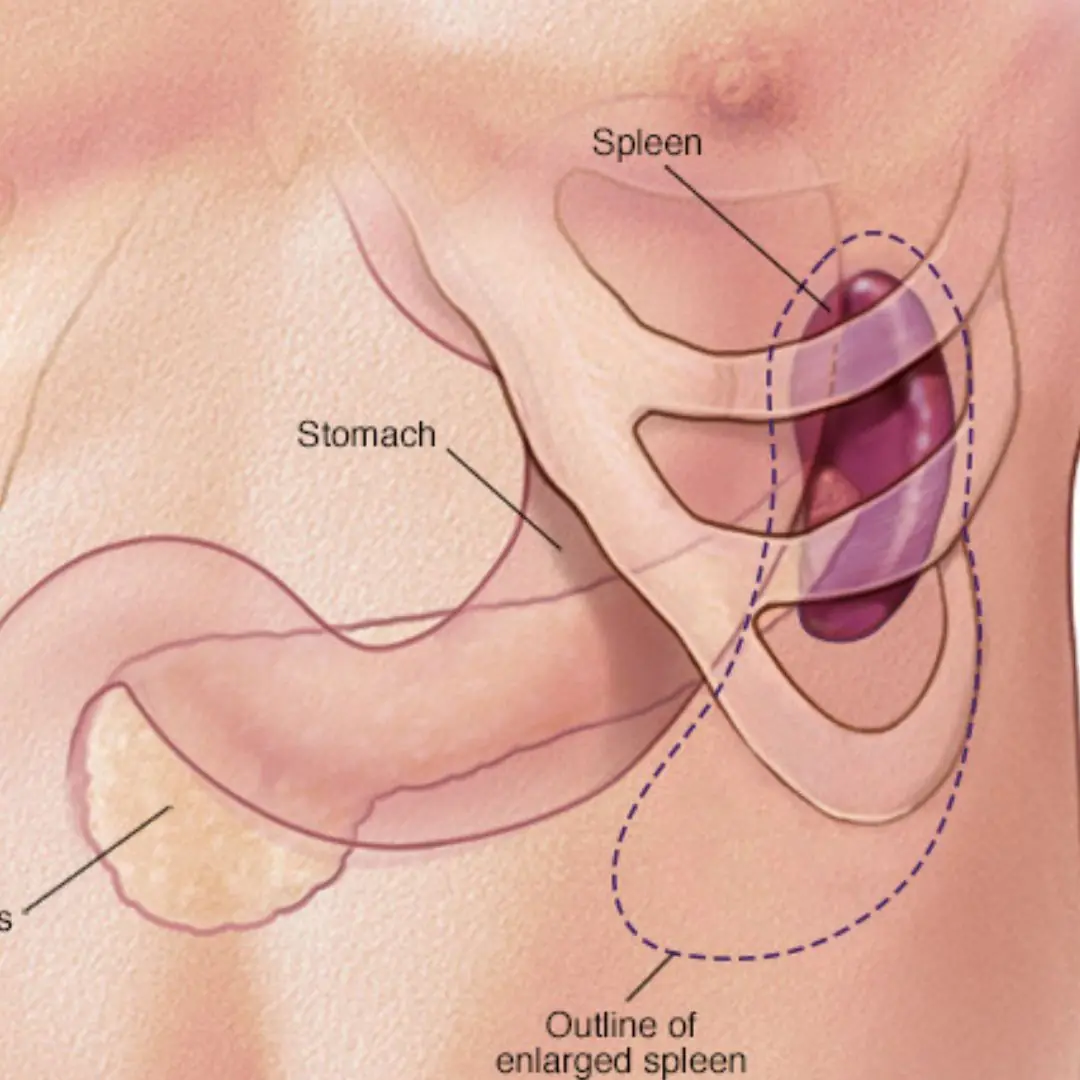
Is Your Spleen Trying to Tell You Something? Watch for These Symptoms

Turmeric with Honey Is Very Beneficial, but There Are 5 Groups of People for Whom It Can Be Harmful

Your legs are screaming ‘HELP!:’ 5 warning signs from your liver
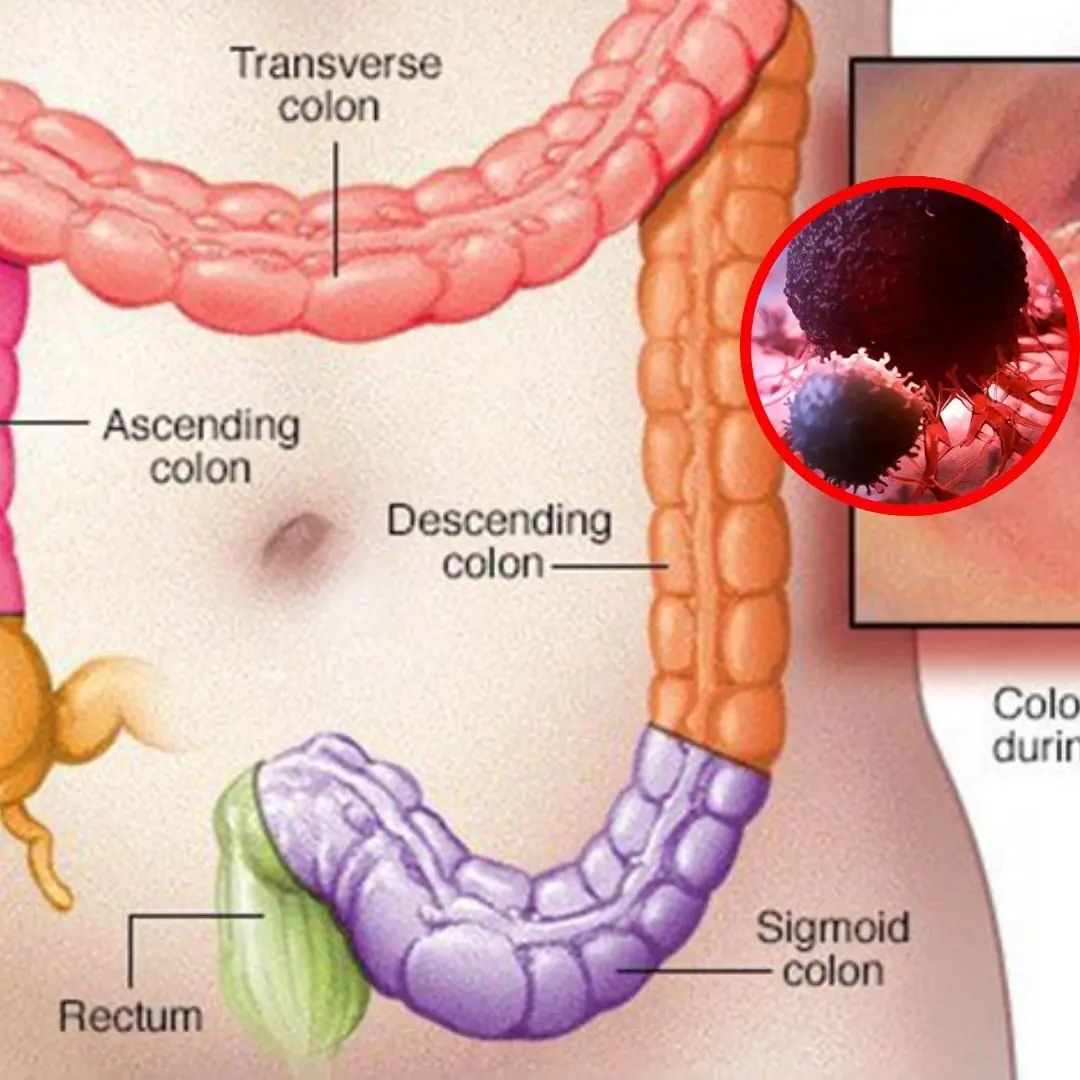
8 Bathroom Signs That Could Signal a Serious Problem

Diabetes warning signs often appear in your feet - here are 10 to look out for

Japan announces 5 foods to eat daily: Eggs only rank 5th, while the true "king of nutrition" is this dish

5 types of vegetables contain "a nest of hidden worms"
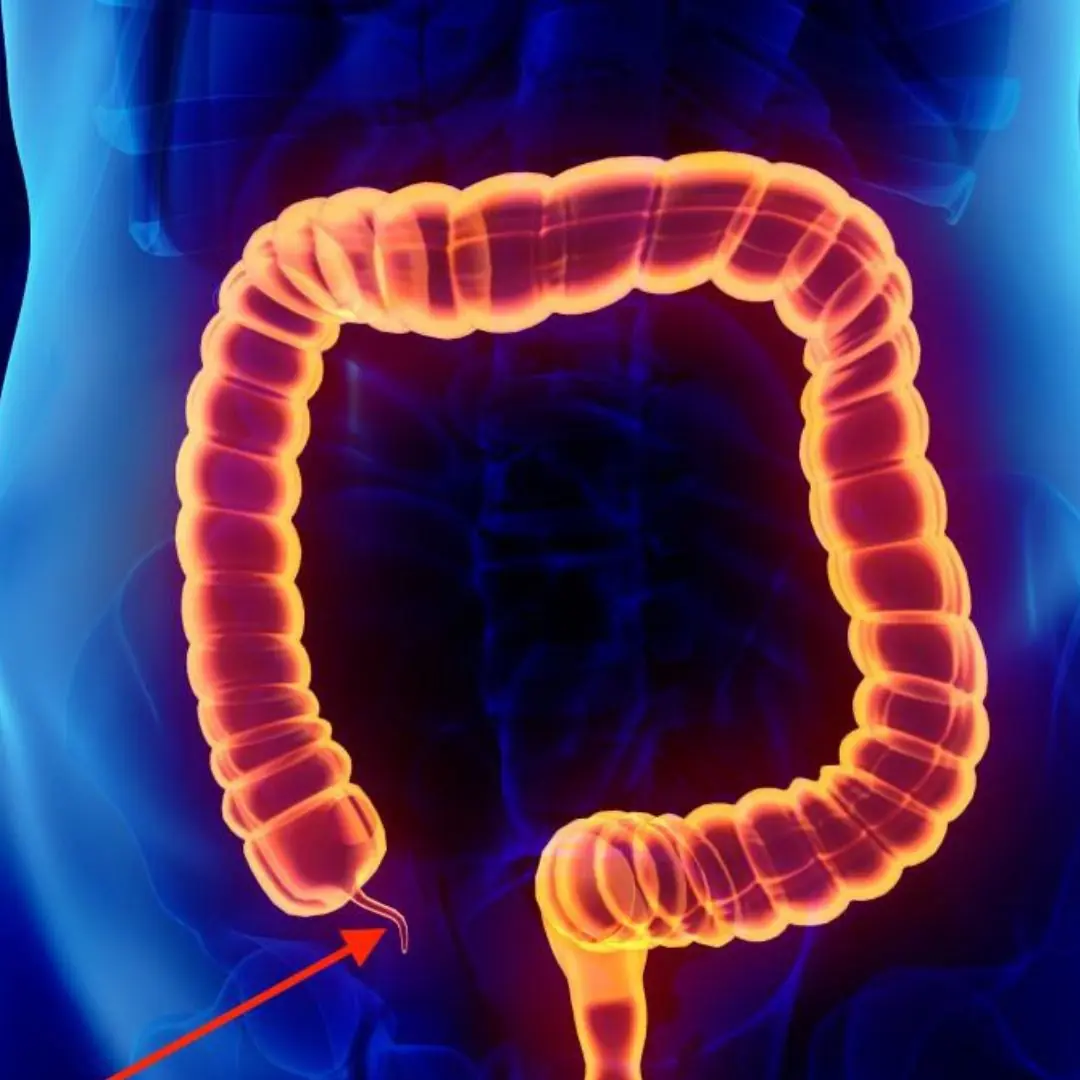
5 Signs of Appendicitis — Don’t Ignore These Symptoms!
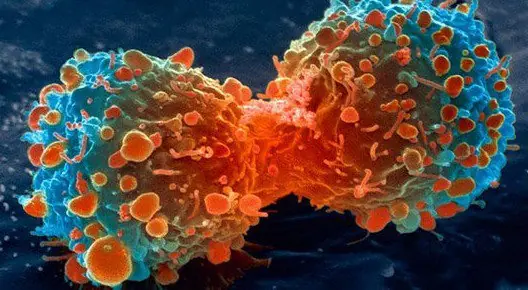
Three Principles to Prevent Can,cer Cells — Everyone Should Act Now to Say No to the Disease
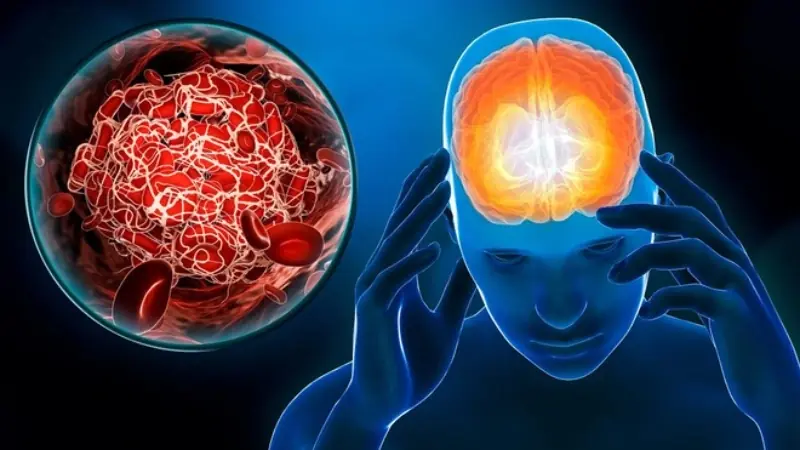
Stroke Warning: Signs That Can Appear Up to One Week in Advance — Do Not Ignore

Always Throw a Water Bottle Under the Hotel Bed: A Flight Attendant Reveals Why

Drinking These 4 Common Beverages Could Be Harming Your Kid.neys

What a Daily Banana Could Mean for Your Blo.od Pressure?

When a Family Member Passes Away, Don’t Throw Away These 4 Important Things

Waking Up at Night to Urinate? Read This

A 14-Year-Old Girl Diagnosed with Colorectal Can.cer: Doctors Warn—It’s Better for Children to Skip Breakfast Than Eat These 4 Types

Every woman likes to be touched in these "3 places" on her body, especially the first place

Plants That May Attract Snakes to Your Home: What You Should Know

Garlic peels are not trash, don't rush to throw them away
